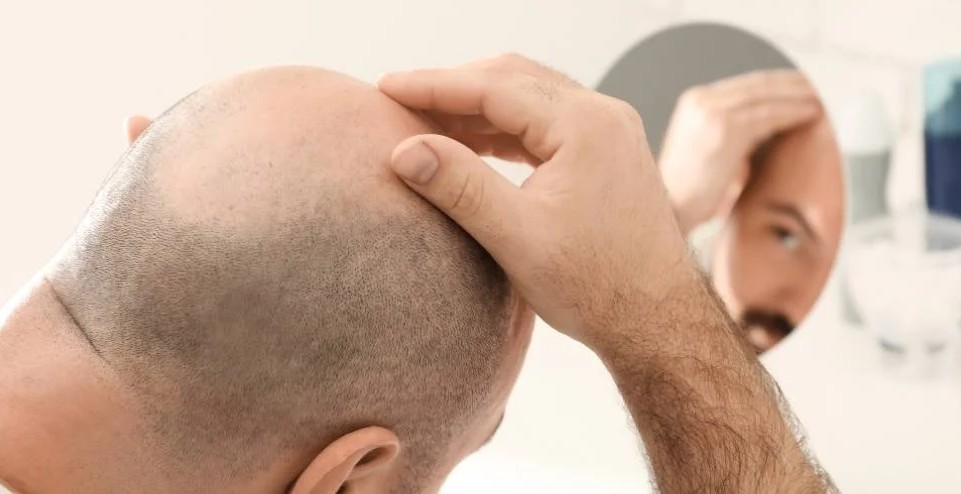Umbness After Hair Transplant Surgery: Causes and Duration
Hair transplant surgery is a highly effective solution for hair loss, offering natural and long-lasting results. However, like any surgical procedure, it can come with temporary side effects—one of the most common being numbness in the scalp. While this sensation can be concerning, it’s typically a normal part of the healing process. In this comprehensive article, we’ll explore the causes, duration, and management of numbness after hair transplant surgery, and what you can do to ensure a smooth recovery.
What Causes Numbness After a Hair Transplant?
Numbness occurs when the nerves in the scalp are temporarily affected during the surgical process. During both FUE (Follicular Unit Extraction) and FUT (Follicular Unit Transplantation) methods, small incisions are made either to extract or implant hair follicles. This process can inadvertently irritate or sever superficial nerve endings in the scalp, leading to a temporary loss of sensation.
✅ Key Causes:
Nerve disruption during incisions
Swelling and pressure on surrounding nerves
Local anesthesia effects
Post-surgical inflammation
This numbness is usually localized to the donor area (commonly the back of the scalp) and/or the recipient area (where the grafts are implanted).
Is Numbness After Hair Transplant Normal?
Yes, numbness after a hair transplant is a common and expected side effect. Most patients experience some degree of reduced sensitivity or tingling for a few weeks after the procedure. It’s generally not a cause for concern unless it persists far beyond the expected recovery time.
How Long Does Numbness Last After a Hair Transplant?
The duration of numbness can vary based on the individual and the technique used:
FUE Hair Transplant:
Numbness typically resolves within 2 to 4 weeks, but in some cases may last up to 3 months.
FUT Hair Transplant:
Since a strip of scalp is removed, numbness can last 3 to 6 months or even longer in rare cases due to deeper nerve involvement.
🕒 Recovery Timeline Snapshot:
Timeframe Sensation Status
1-2 weeks post-op Numbness and tingling are most noticeable
2-6 weeks Gradual return of sensation begins
3-6 months Near-complete or full sensation restoration
6+ months Persistent numbness? Consult your surgeon
Factors Affecting Duration of Numbness
Type of Procedure (FUE vs FUT)
Surgeon’s skill and technique
Extent of the area treated
Individual healing ability
Presence of other medical conditions (e.g., diabetes)
When Should You Be Concerned?
While numbness is usually harmless, you should contact your doctor if:
It lasts longer than 6 months
It’s accompanied by severe pain, burning, or signs of infection
There’s no improvement at all after several months
The area feels abnormally hard, swollen, or discolored
These could indicate nerve damage, infection, or another post-operative complication that requires medical attention.
Tips to Manage and Minimize Numbness After Hair Transplant
🧴 Follow Post-Operative Care Instructions
Your surgeon will provide detailed guidance on washing, sleeping positions, and avoiding pressure on the scalp—all of which support healthy nerve recovery.
🛌 Get Adequate Rest
Healing accelerates when the body is well-rested. Avoid strenuous activity for at least the first week post-surgery.
🧊 Apply Cold Compresses (If Advised)
Applying a cold compress to the donor area (not the grafted area!) in the first few days can reduce swelling and pressure on nerves.
🍎 Eat a Nutrient-Rich Diet
Vitamins like B12 and minerals like zinc and magnesium help support nerve health and tissue regeneration.
🚭 Avoid Smoking and Alcohol
These can slow down healing by restricting blood flow and increasing inflammation.
Final Thoughts
Experiencing numbness after a hair transplant can be unsettling, but in most cases, it’s a temporary and normal part of the healing process. By understanding the causes and timeline, and following your surgeon’s aftercare instructions, you can ease your mind and support a smooth recovery. If numbness persists beyond 6 months or is accompanied by other symptoms, don’t hesitate to reach out to a qualified medical professional.
With patience and proper care, you’ll soon be enjoying not just restored hair—but also full sensation and confidence.

Bir yanıt yazın